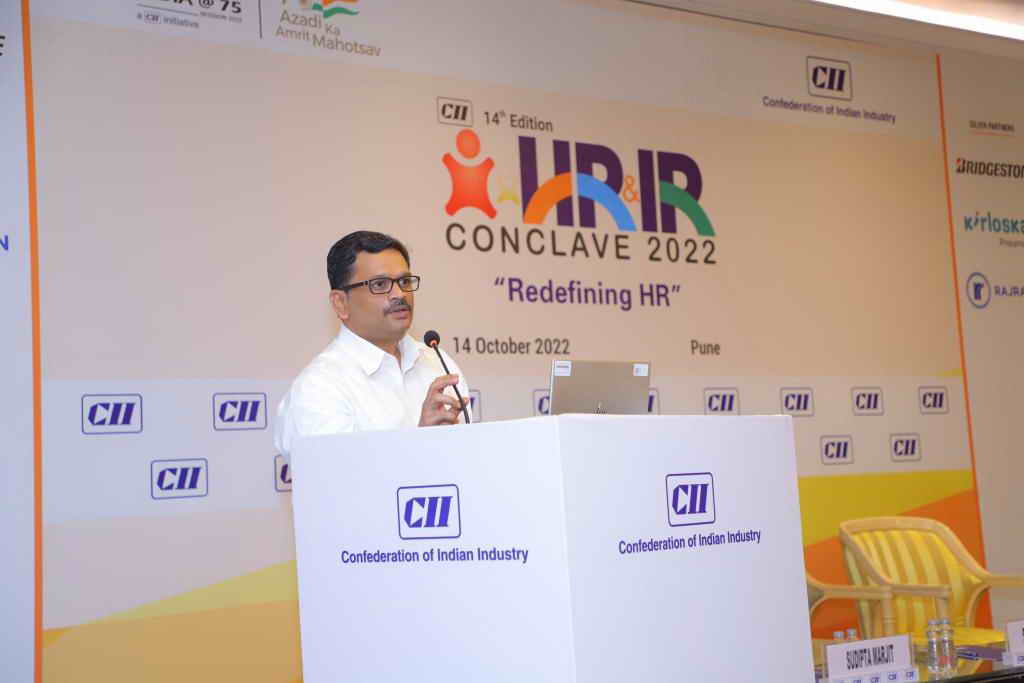For many of is, goodness is to:
1. Finish your job without disturbing others.
2. Silently plod and fix issues
3. Never allow an escalation. Good people know to anticipate and avoid, rather than show and fix.
4. To accept credit as something normal and get on with next job.
5. Allowing ideas to take shape but leave it when it is ready for personal use.
Can you see why goodness fails ? Because, goodness is inherent, and hence is not visible. Since we have been taught and explained to be good citizens, we rarely strive for greatness.
When have you felt great? In school, may be when you are called on stage to get the prize. In college, may be when you win an election or person you support wins it, may be when you share the podium and receive an ovation. In professional life, when you are featured in a cover magazine of repute, quoted in journals, have a following for your social presence.
Does any of this mean, there aren't any good people than us in our group/community?
Greatness is antithesis of Good. What you do good, is not sufficient to be great. This is something that Jim Collins talks in his book "Good to Great".
1. To be great, disturb others unobtrusively. Meaning, get their time before hand or condition them to expect your communication at an appropriate time. Inform the utility in mutual interest terms.
Status reports, communication before a delivery and after a delivery, calling steering committees and discussing work are some greatness moments to be latched upon.
Missing commitment escalations are disturbances that are obtrusive. They dis-orient both you and the customer a lot, that it saps the energy levels.
2. To be great, silently plod, but acknowledge and let the issues be known to teams, management, customers. This way, the concerns are open and the way they are vanishing gives a great feeling from inside. The relief that it got over, without stress or more efforts from people who have the information, and the "way" will be more recognized than the work itself
3. To be great, allow an escalation: Escalate to higher ups to get a testimonial for services. Escalate and ask for more business areas you can address. Escalate to say when you have gone beyond the scope and worked keeping both parties interest in mind. Escalate to tell the customer the lessons learned and about project closure.
Silently delivering projects, is unappreciated and worse, is held against you at times.
4. To be great, relish the moment, make it memorable when you receive credit. Otherwise, you tend to be normal and doing normal work, not good work.
5. To be great, allow ideas to take shape and make them market friendly. When you use it for personal or internal purpose, you live with bugs, constraints, less than appealing interface, crowded functionality.
When you make it market friendly, you get to see the ways that didn,t occur to you. You get to see that people had similar needs as yours and they are silently appreciating the fact that you are helping them.
Take a look at sourceforge.net. There are so many good applications, that we feel great about using them. The fact that they are being used and recognized by individuals is a great factor than just having a good application to yourself.
You are great, only when the world knows it. You are good, when your close circle knows it. You are normal, when you alone know, how good you are.



No comments:
Post a Comment